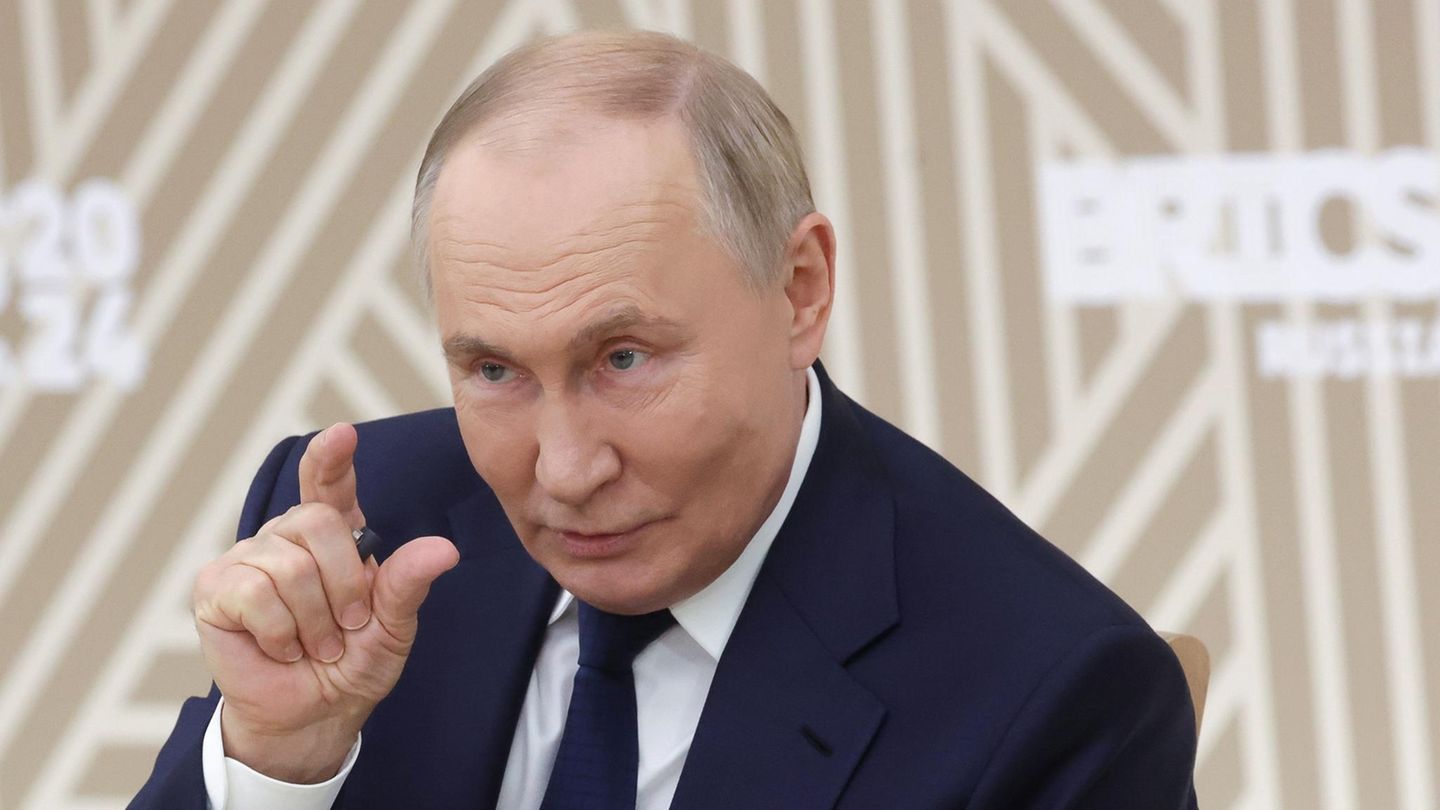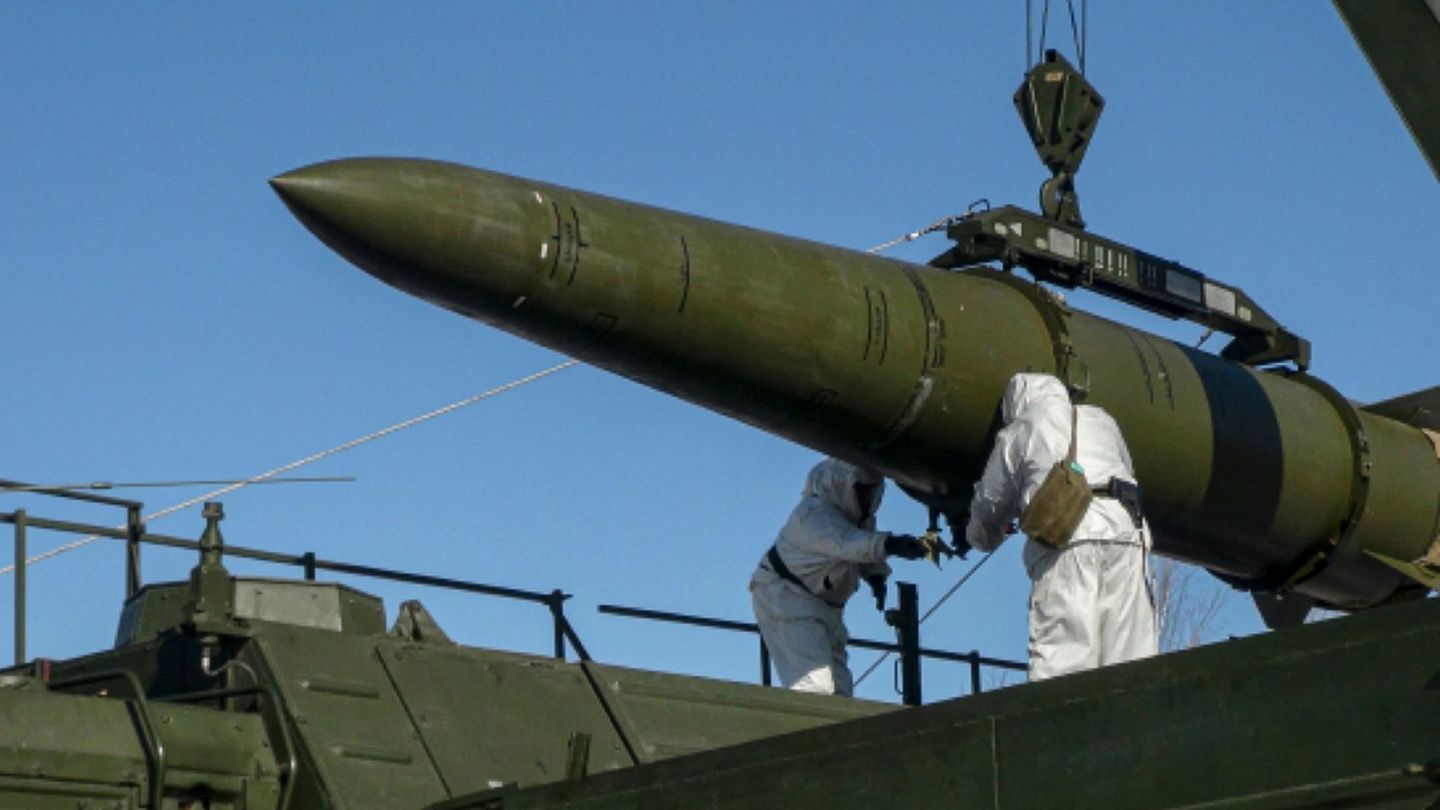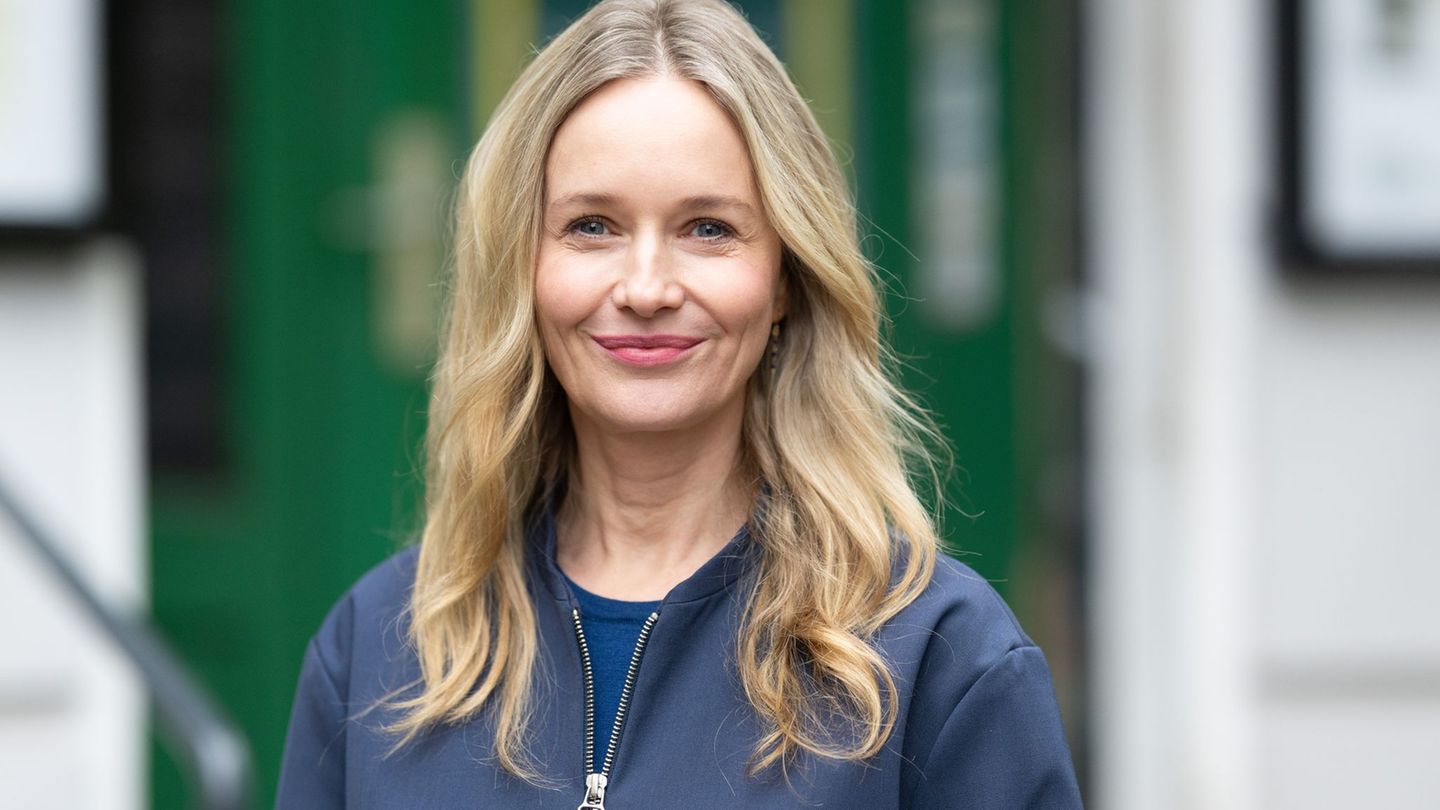Brics was originally a network of emerging economic nations. But with the summit in Russia, President Vladimir Putin wants to create a counterpoint to the West.
Two and a half years after his order to attack Ukraine, Russian President Vladimir Putin is hosting allied and neutral states at the summit of the so-called Brics group. 24 foreign heads of state and government are expected in Kazan, capital of the Muslim republic of Tatarstan on the Volga, by Thursday.
What does Brics stand for?
The abbreviation Brics stands for the first letters of the first five members of the group of emerging industrial nations: Brazil, Russia, India, China and South Africa. The word also sounds like “bricks” in English.
Who is attending the summit?
The most important guest in Kazan is Chinese head of state Xi Jinping, with whom Putin will speak bilaterally on Tuesday. Since January 1, 2024, Egypt, Ethiopia, Iran and the United Arab Emirates have also been permanent members. Turkey is the first NATO member to take part as an interested party. At the summit in Johannesburg in 2023, 23 countries applied to be included, and numerous others had expressed their interest. According to Putin’s advisor Yuri Ushakov, 36 countries are represented this time.
What is the aim of the Brics summit?
Putin wants to stand up to the G7 states in particular with the Brics group. He sees the group of states as an opportunity to break US dominance in international politics and build a new multipolar world order.
At the summit, Russia also hopes to advance financial cooperation. Putin said before the summit that it was about an alternative to the Western system of financial data exchange Swift and about building a common bank.
Other topics of the summit:
- Cooperation in the area of information security and the development of a code of ethics for the use of artificial intelligence.
- Cooperation in the fight against corruption and capital flight, taxes and customs
- cooperation for sustainable development; Pursuing an energy transition concept (from fossil to green energy), prioritizing the economy over climate goals
- Establishment of a Brics medicine association that is intended to create an early warning system for infection risks and epidemics.
What are possible points of contention?
Not all Brics members follow the Kremlin leader’s anti-Western course. Countries like India and Brazil maintain foreign policy and economic cooperation in many directions.
Kim Jong-un & Co
Dictator Chic: The style of the autocrats
How do the Brics states feel about Russia’s war of aggression against Ukraine?
Hardly any of the countries represented have condemned the Russian war of aggression against Ukraine. Iran even supports Russia militarily, and China provides Russia with backing and access to weapons-grade technology. At the same time, Brics members China, Brazil and South Africa have each made their own proposals for an end to the fighting in Ukraine. None of these, however, deviate far from the Russian position; for Kyiv the proposals are entirely unacceptable. The United Arab Emirates has repeatedly mediated prisoner exchanges between Russia and Ukraine behind the scenes.
Why is the summit taking place in Kazan?
The Brics group meets every year for a summit, which is hosted alternately by one of the member states. It is the fourth time that the meeting is taking place in Russia. Last year, Putin did not travel to South Africa – officially so that his presence would not distract from the main topics of the summit. In fact, the international arrest warrant issued by the International Criminal Court over the deportation of Ukrainian children from Russia may have played and continues to play a role.
The summit in Kazan, which has been spruced up for this purpose, is taking place under enormous security precautions. Parts of the city are cordoned off for the conference. In order to clear the streets during the summit days, children were sent on extended holidays and many employees were sent to work from home.
Further sources:.
Source: Stern
I have been working in the news industry for over 6 years, first as a reporter and now as an editor. I have covered politics extensively, and my work has appeared in major newspapers and online news outlets around the world. In addition to my writing, I also contribute regularly to 24 Hours World.




